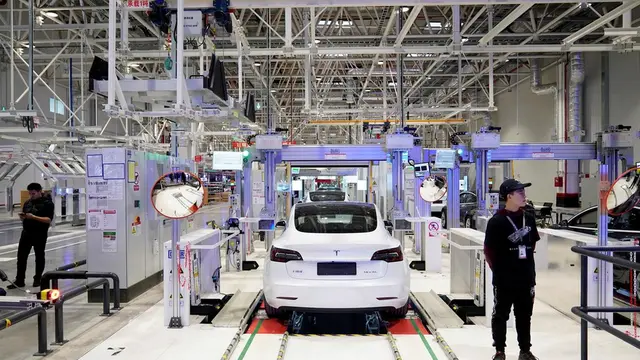Iranian President Mahmoud Ahmadinejad arrived in Egypt's capital of Cairo on Tuesday, the first visit by an Iranian president to Egypt since 1979.
Ahmadinejad will participate in the upcoming summit of the Organization of Islamic Cooperation slated for Feb. 6-7, the first one since the Egyptian unrest broke out, also the first one that Egypt has hosted since the establishment of the Organization in 1969.
Upon his arrival, Ahmadinejad was welcomed by Egyptian President Mohamed Morsi at the airport, and is scheduled to meet with al-Azhar grand Imam as well as other officials, and visit Hussein Mosque and the pyramids before taking part in the Summit proceedings.
At the airport, Morsi held talks with Ahmadinejad over recent developments in the region and how to solve the Syrian crisis without resorting to military interference.
The relations between Egypt and Iran were cut off for over three decades after Egypt signed a peace treaty with Israel in 1979, but the two sides got a little closer after Egypt's regime of Hosni Mubarak was toppled in early 2011.
Morsi visited Tehran last August to attend the Non-aligned Movements (NAM) conference, becoming the first Egyptian president to visit Iran in decades.
Iranian Foreign Minister Ali Akbar Salehi wrapped up his second visit to Egypt in the beginning of January, during which he handed over an invitation from Iranian president to Morsi for visiting Tehran for the second time. Salehi told reporters that "Iran's relations with Egypt improved after Egypt's January 2011 uprising. "
In September 2012, Iran participated with three other countries in the meeting of the quartet committee on the Syrian issue.
Also in the beginning of January, Salehi said that Egypt has welcomed Tehran's proposal for Cairo to host the next round of nuclear talks, but the Egyptian foreign minister said that Egypt is consulting with the P5+1, including Britain, France, Russia, the United States and China, plus Germany, for whether to host the meeting or not.
A statement of the Salafist Call, the ultra-conservative Islamic movement in Egypt, opposed the Iranian president to visit Sunni mosques.
"It is necessary for the Egyptian government to ask the Iranian president to protect the Sunnis in the Shiite country from any political, military or cultural violations," the statement said.
Salafist Call also expressed worries that Ahmadinejad's visit may go beyond attending the Summit to more close political ties, but at the expenses of Egypt's interests as well as the Sunnis'.
Mohamed Anwar El Sadat, chief of the "Development and Reform party," warned the Egyptian government of being subjected to Iran while making political decisions, due to any economic aids from Iran.
Sadat said that he isn't against improving the Egyptian-Iranian relationships, but is against "Iranian-(Muslim) Brotherhood relations." He also warned that any relations with Iran could pose a threat to Egypt's relations with Gulf countries.
Meanwhile, Egyptian Foreign Minister Mohamed Kamel Amr said that Egypt's relations with any country wouldn't come at the expenses of the security of other countries, stressing that " security of Gulf countries is a red line... Security of the Gulf is security for Egypt."
The priority topics scheduled to be discussed in the upcoming summit, participated by some 56 Islamic countries, include Islamophobia, Israeli settlements in occupied Palestinian territories and the situation in Syria and Mali.
 简体中文
简体中文

